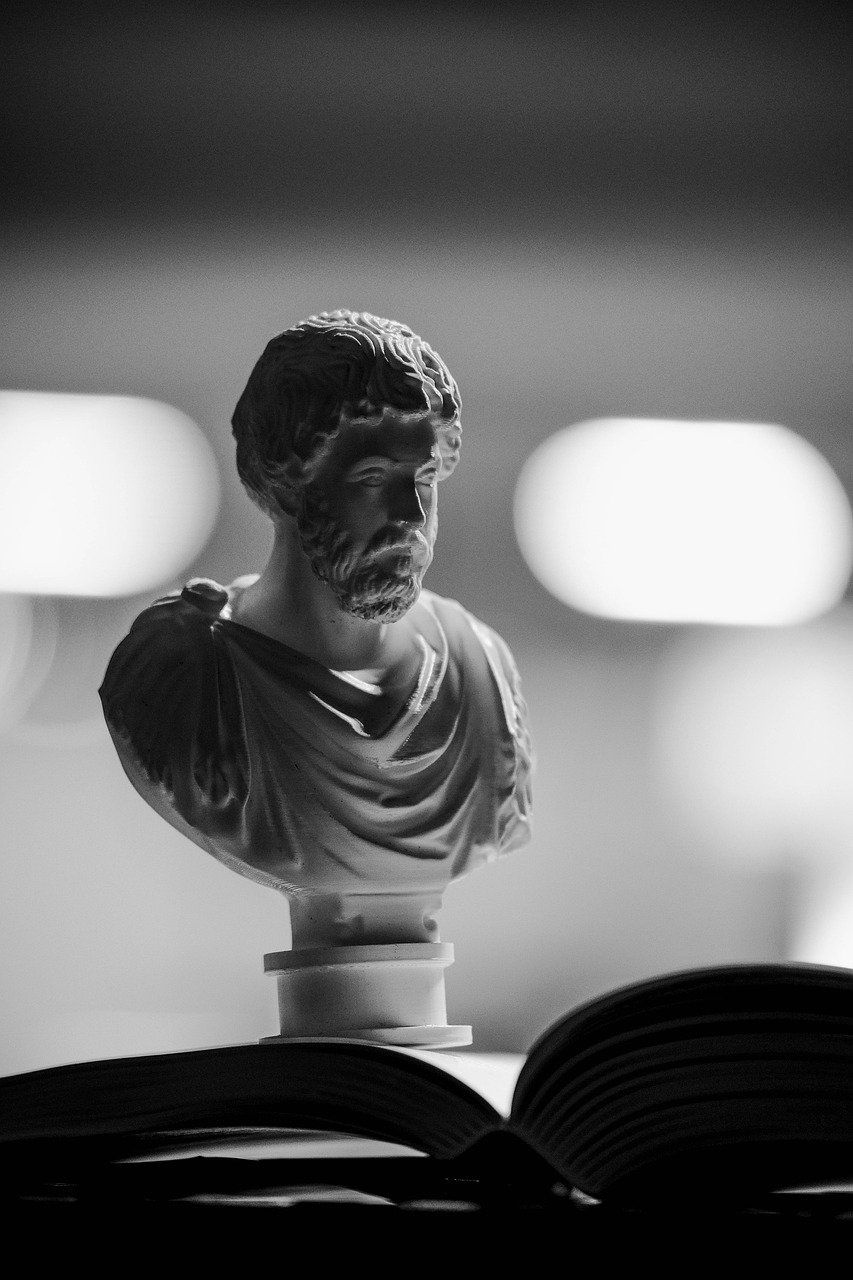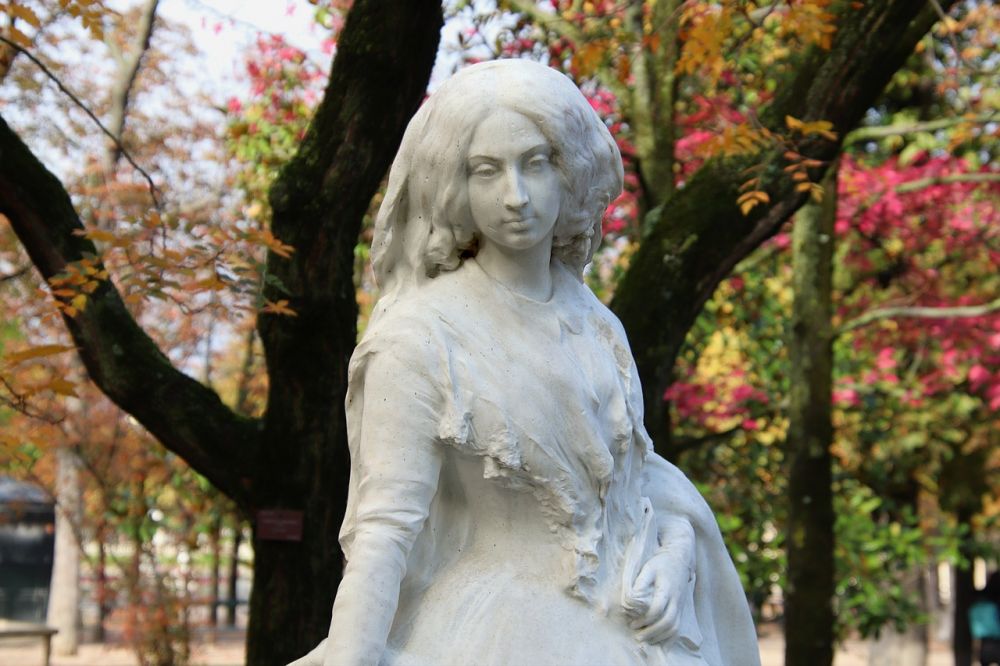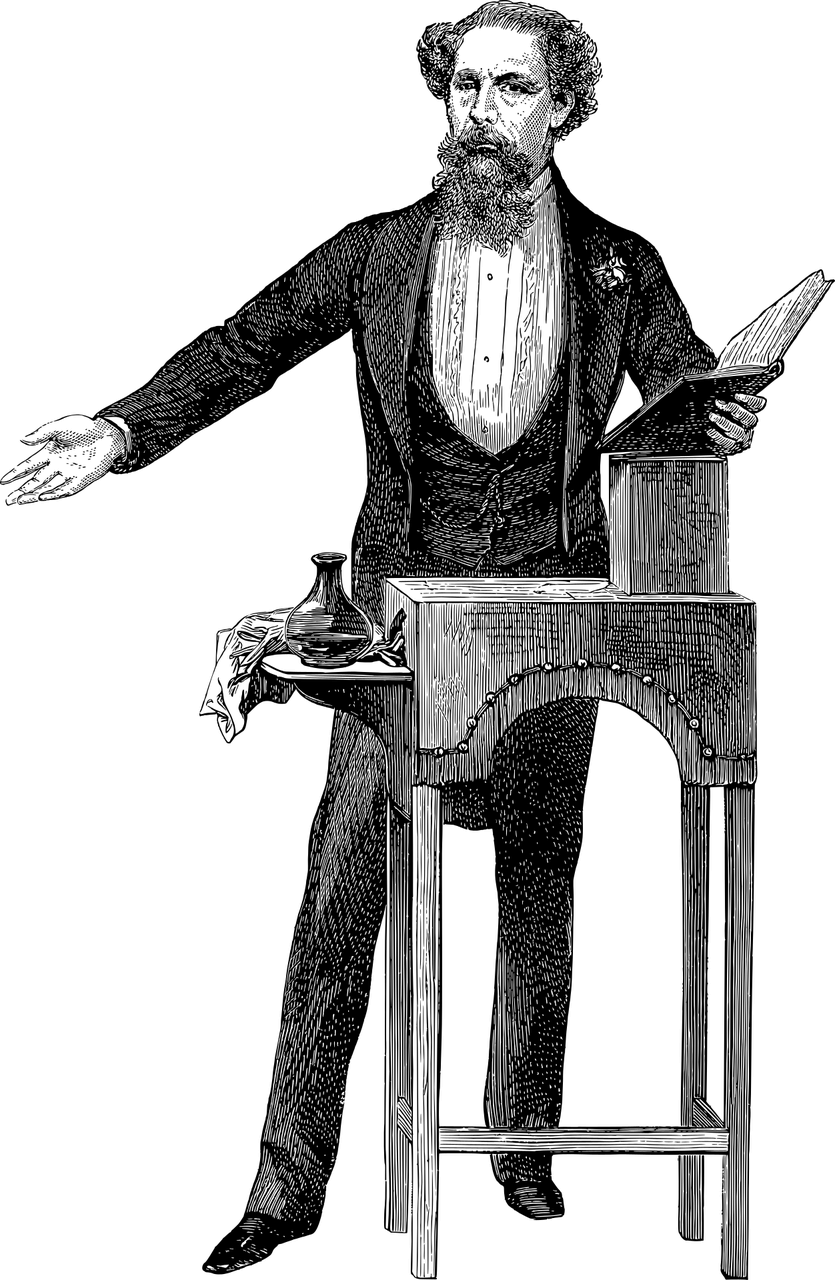Homers Odyssey: A Journey Through Time and Literature

I. Introduction
Homers Odyssey, often referred to simply as the Odyssey, is an ancient Greek epic poem attributed to the legendary poet Homer. Composed around the 8th century BCE, this epic masterpiece has captivated readers and intrigued scholars for centuries. The Odyssey offers a captivating adventure that explores various themes of heroism, temptation, and the power of the human spirit. In this article, we will delve into the depths of this timeless work, shedding light on its significance and evolution over time.
II. Historical Background

1. The Epic Poet: Homer
It is important to note that Homer was not only the author of the Odyssey but also the Iliad, another renowned Greek epic. Although the true identity of Homer remains a subject of debate among scholars, his impact on ancient Greek literature and culture is undeniable. Homer’s works were composed orally and presented in the form of oral poetry, recited by bards and passed down from generation to generation.
2. Plot Summary
The Odyssey revolves around the protagonist, Odysseus, and his journey home after the Trojan War. The epic begins with Odysseus trapped on the island of Ogygia, held captive by the nymph Calypso. With the guidance of the goddess Athena, Odysseus embarks on a perilous voyage, facing various obstacles and encountering mythical creatures such as cyclops, sirens, and the god Poseidon. The poem intertwines elements of adventure, romance, and Greek mythology, creating a rich tapestry that has inspired countless artists and writers over the centuries.
III. Evolution of the Odyssey
1. The Oral Tradition
During the ancient Greek period, the Odyssey was primarily transmitted through oral tradition. Skilled bards would recite the poem to audiences, often adding their own interpretations and embellishments. This oral tradition allowed for flexibility in the narrative, resulting in multiple variations of the Odyssey throughout the ancient world.
2. Manuscript Copies
The advent of writing in ancient Greece led to the preservation of the Odyssey in written form. The oldest surviving manuscript of the Odyssey, known as the Venetus A, dates from the 10th century CE. This written transmission ensured the enduring legacy of the Odyssey, allowing future generations to experience and study this epic tale.
3. Influence on Western Literature
The Odyssey’s influence extends far beyond its ancient origins. It has served as a foundational text for Western literature, inspiring countless authors and artists throughout history. The themes explored in the Odyssey, such as the nature of heroism and the challenges of the human condition, continue to resonate with readers and are mirrored in contemporary works of art, literature, and film.
IV. Featured Snippet Potential
Structured in a manner to enhance the likelihood of being featured as a snippet on a Google search, the following bulleted points highlight important aspects of the Odyssey:
– Author: Homer
– Composition: 8th century BCE
– Themes: Heroism, temptation, the power of the human spirit
– Plot: Odysseus’ journey home after the Trojan War
– Obstacles faced by Odysseus: cyclops, sirens, Poseidon
– Oral tradition and manuscript copies
– Enduring influence on Western literature and art
V.
To further enhance your understanding and appreciation of the Odyssey, we recommend watching the video above
. This video provides a visually engaging exploration of the impact of the Odyssey on art and literature throughout history.
In conclusion, the Odyssey stands as a testament to the enduring power of storytelling. Homer’s epic poem continues to captivate readers with its timeless themes and vivid characters. Whether one is a lover of ancient literature or simply interested in immersing oneself in a captivating tale, the Odyssey remains a masterpiece that transcends time and continues to be cherished by both scholars and art enthusiasts alike.





